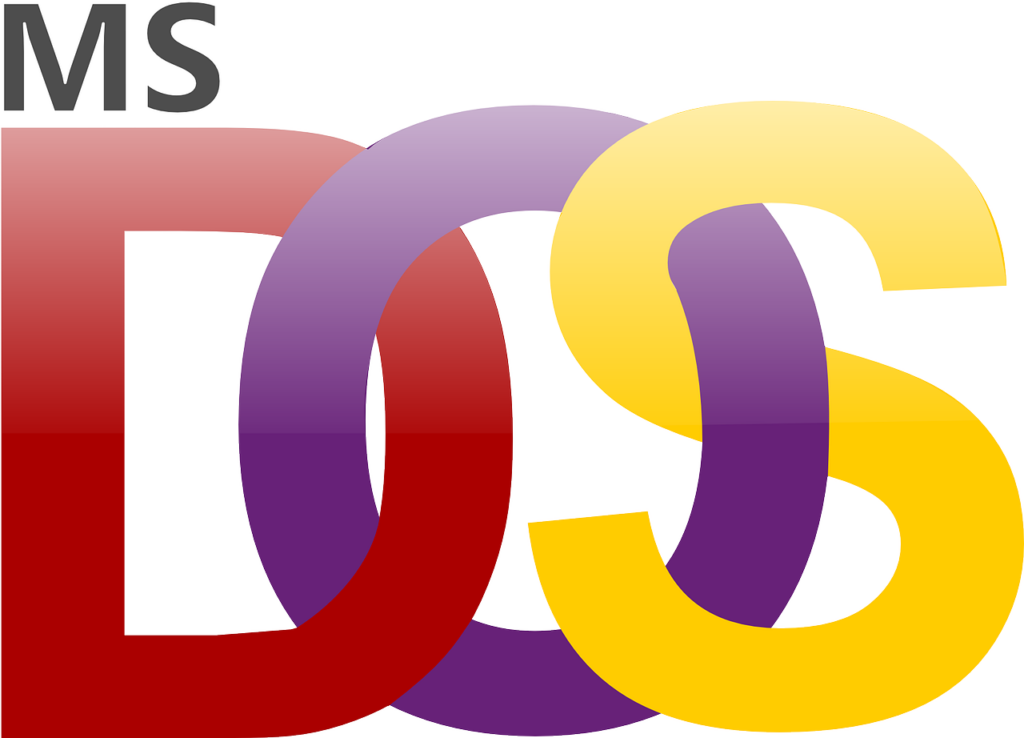
After months in planning and beta, AI is officially part of the Windows Notepad. Adding the power of generative AI to longstanding software, many users have been left scratching their heads. The idea of such an addition to this software goes contrary to what many loved about it in the first place, while also raising questions about tech companies’ insistence on AI overreach.
The Legend of Notepad
Notepad has been one of the longest-standing pieces of software that Microsoft has developed. Predating even the first version of Microsoft Windows, Notepad was initially released in 1983 on MS-DOS to help sell the usefulness of the then-underrepresented computer mouse. With the Microsoft Mouse poised to set “the new standard”, Notepad operated as much as a tech demo for a new input system as a full-fledged program.
Over the years, Notepad would prove to be a stalwart in Microsoft’s lineup, becoming a standard feature in every version of Windows.
Despite lacking the features of MS Word or WordPad, many users loved Notepad for its simplicity. It was light, it was compatible where other text programs failed, and it didn’t waste time with extraneous features.
The Potential for Overreach
Artificial intelligence in the 2020s is achieving an increasingly mixed reputation. While it can be extremely useful in some situations, it’s also commonly overhyped and overpromised, similar to the direction of VR and cloud computing. Many see it as sticking its head where it doesn’t belong, and in so betraying the simplicity that can be so key to a software’s original purpose.
Consider a form of entertainment like online casino gaming in a game like Cash Eruption. This doesn’t use any kind of generative AI and has seen enormous success through the simple-to-learn but impossible-to-master nature of its gameplay systems. Offering 20 paylines and a 96% RTP, the concept relies on the purity which makes all slots fun, delivering a streamlined and coherent iGaming activity. Cash Eruption might look and play better than many others, but simplicity is still a key feature that doesn’t need to change with any overbearing AI systems.
In a nutshell, this is the same issue that Notepad has reached. This is a program where practically all of its ongoing fame comes from how simple and pure it is, devoid of the complications other programs face. If users want a more complex experience, they can download the extended Notepad++, use WordPad, or buy Microsoft Word. Adding AI to Notepad is like sticking a toaster to the roof of a car. Sure, some people might use it, but it’s not what a car is for, and it’s certainly not aiding in performance.
As much as Microsoft has opined on the usefulness of AI in practically everything it releases, the truth isn’t quite so black and white. No, Copilot doesn’t need to be in everything, especially not in places where it contradicts 40 years of established trajectory. Again, there are still times when AI can absolutely be worth the investment, but like any piece of software, it’s best when applied with laser precision — maybe not so much when it’s blasted out of a scattergun at everything in sight.












